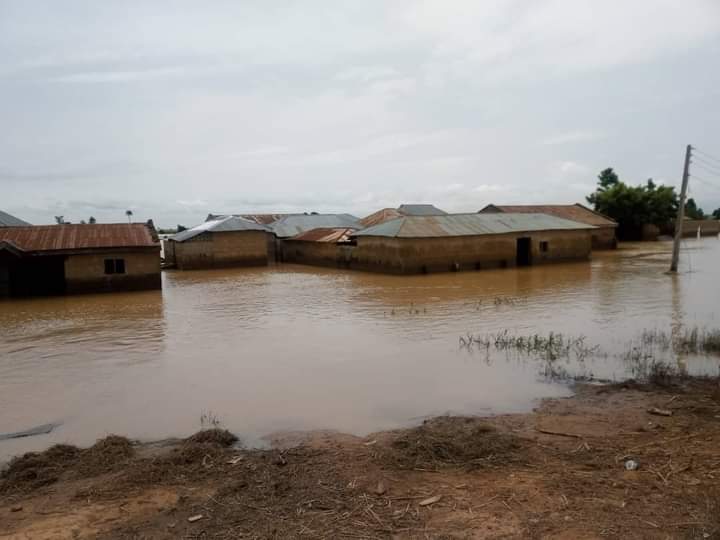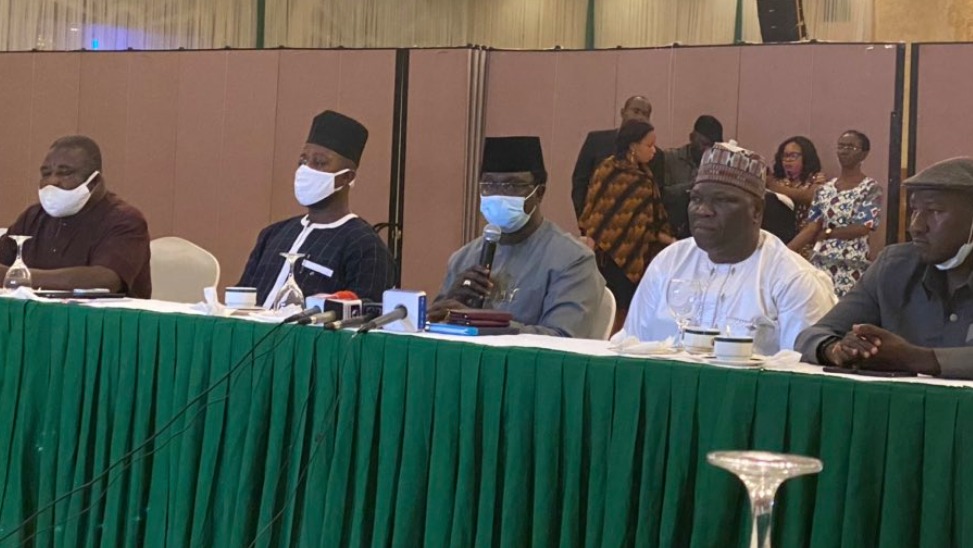Reno Omokri, a former aide to ex-President Goodluck Jonathan, has refuted statements attributed to Lai Mohammed, the minister of information, that the recent increase in electricity tariff is the fault of the Jonathan administration.
In a statement on Sunday, Omokri blamed the Muhammadu Buhari administration for not completing the privatisation of the power sector by selling off the transmission sub-sector.
The former aide quoted the minister of information to have said: “Before we came in, the power sector had been privatised by the previous administration, but the people they sold to them are incompetent. When we assumed power, we met the mess. Apart from the fact that the distribution companies (Discos), could not meter the people, they also could not pay for the electricity generated by the generation companies (Gencos), from the Nigerian Bulk Electricity Trading Companies.”
Omokri said Mohammed’s comments contradicted those made by Babatunde Fashola, who served as minister or power during the first term of the Buhari administration.
Advertisement
“We are producing more power than what we met; we are transmitting more power than what we met, and we are distributing more power than what we met. I met 4,000MW; we have added 3,000MW more – 1,000MW per year. Our raw rate 1000MW every year,” he quoted Fashola to have said.
According to Omokri, electricity generation and distribution improved because the Jonathan administration privatised the generation and distribution segments of the electricity sector.
Now, Nigerians would note that the Buhari administration has not built even one power station. The last power station ever initiated, started and completed, is the 750 MW Olorunsogo II Power Station in Ifo Local Government Area of Ogun State, built by the Jonathan administration, and commissioned by then President Goodluck Jonathan on Friday, February 20, 2015.
Advertisement
“The reason Mr Fashola was able to boast about increased power generation and distribution in 2018, is because the privatised generating companies have increased their capacity,” he said.
“As you can see from the above, Lai Mohammed’s words clearly contradict Tunde Fashola’s words. Both statements cannot be right. One of them must be lying.
“The truth of the matter is that the weak link in the power sector is not the privatised power generating and distributing company, but the Transmission Company of Nigeria (TCN), which has not been privatised, as it should have been, and which is still managed by the Buhari government.
“No matter how much the generating and distribution companies increase their output, it will not make much difference if the transmission is weak, and as long as the transmission is weak, the unit cost of power will be expensive.”
Advertisement
Omokri also explained that the devaluation of the naira has caused distribution and generation companies losses because they took huge dollar-denominated loans to buy their assets and expand their generation capacity.
“Another challenge faced by the sector is that under the roadmap to power sector reforms, the government was meant to complete the privatisation of the power sector by selling off the transmission sub-sector. However, the Buhari administration has failed to do so.
“They have also failed to implement other aspects of the roadmap to power sector reforms, of which include the power purchase agreement (PPA), the gas supply agreement (GSA), the gas transportation agreement (GTA) and the grid connection agreement.
“Rather than invest money in developing gas to power infrastructure, the Buhari administration showed extreme profligacy by budgeting $500 million to ‘digitalise’ the Nigerian Television Authority, a network that does not even have a market value of $50 million, proving that no matter how much money you give a man, it will never be enough if he does not know how to use money.”
Advertisement
He said the private sector would have invested in a new power grid that would have made it easier to transmit power and reduced the unit cost of power.
Advertisement
Add a comment







